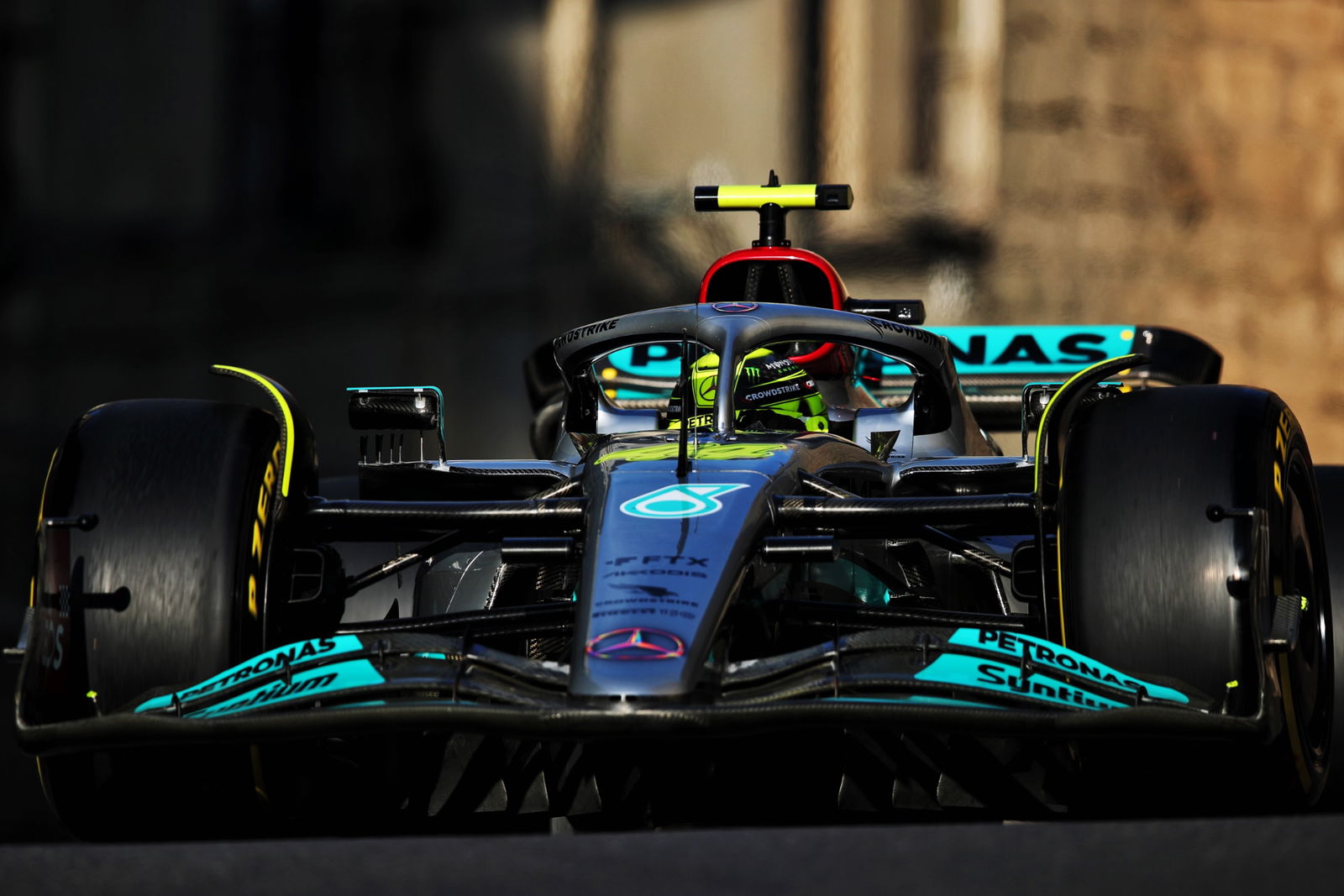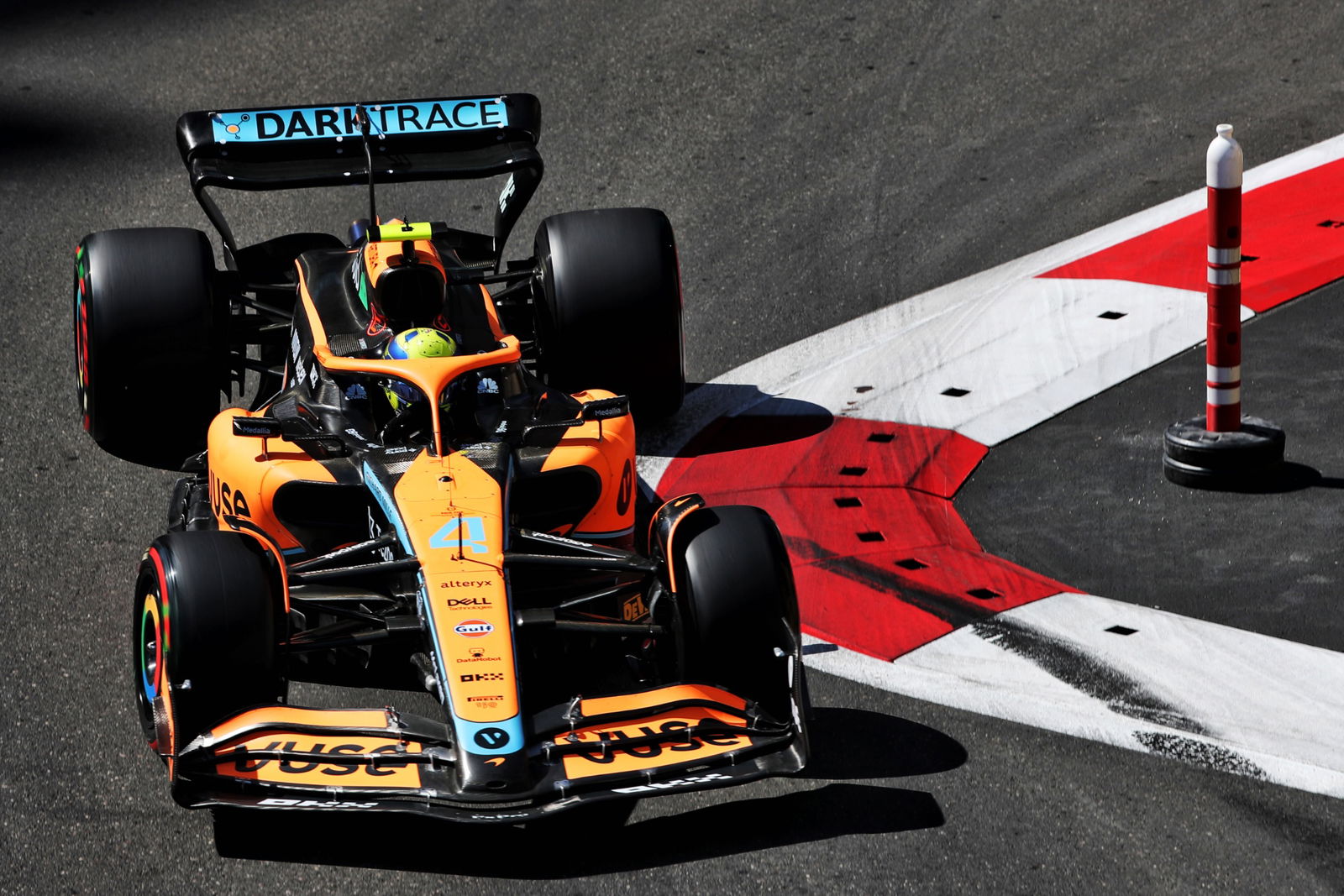Toto Wolff: Future F1 driver salaries can’t be as high as Lewis Hamilton or Max Verstappen’s

F1 and the FIA are keen to implement a driver salary cap in the coming seasons as part of the world championship’s long-term goal to cut costs, in addition to the current budget cap. Back in 2020 an initial proposal of a $30million driver salary limit was mooted.
Hamilton and Verstappen are both understood to earn in the region of $40m in their current contracts which run until the end of 2023 and 2028 respectively.
F1 drivers including Verstappen are against the idea of a cap on their salaries, but Wolff believes the original proposal does not go far enough, labelling a $30-$40m allowance as “inadequate”.
“It certainly has come up as a controversial topic,” Wolff said in Azerbaijan. “We can see that we are facing a very difficult situation in F1 overall. The sport is booming and F1 is earning more money and that trickles down to the teams.
“But we have a cost cap. We have $140 million for a 1000 people. With inflation, we haven’t been able to even pay the inflation. I think the talk about 30 or 40 million dollar salary allowance is inadequate when you take that perspective.
“Clearly the drivers will have an opinion on that. Maybe as a driver I would say the same thing but the U.S. American leagues that are the most successful in the world have introduced salary caps 15 years ago. It works pretty well over there.”
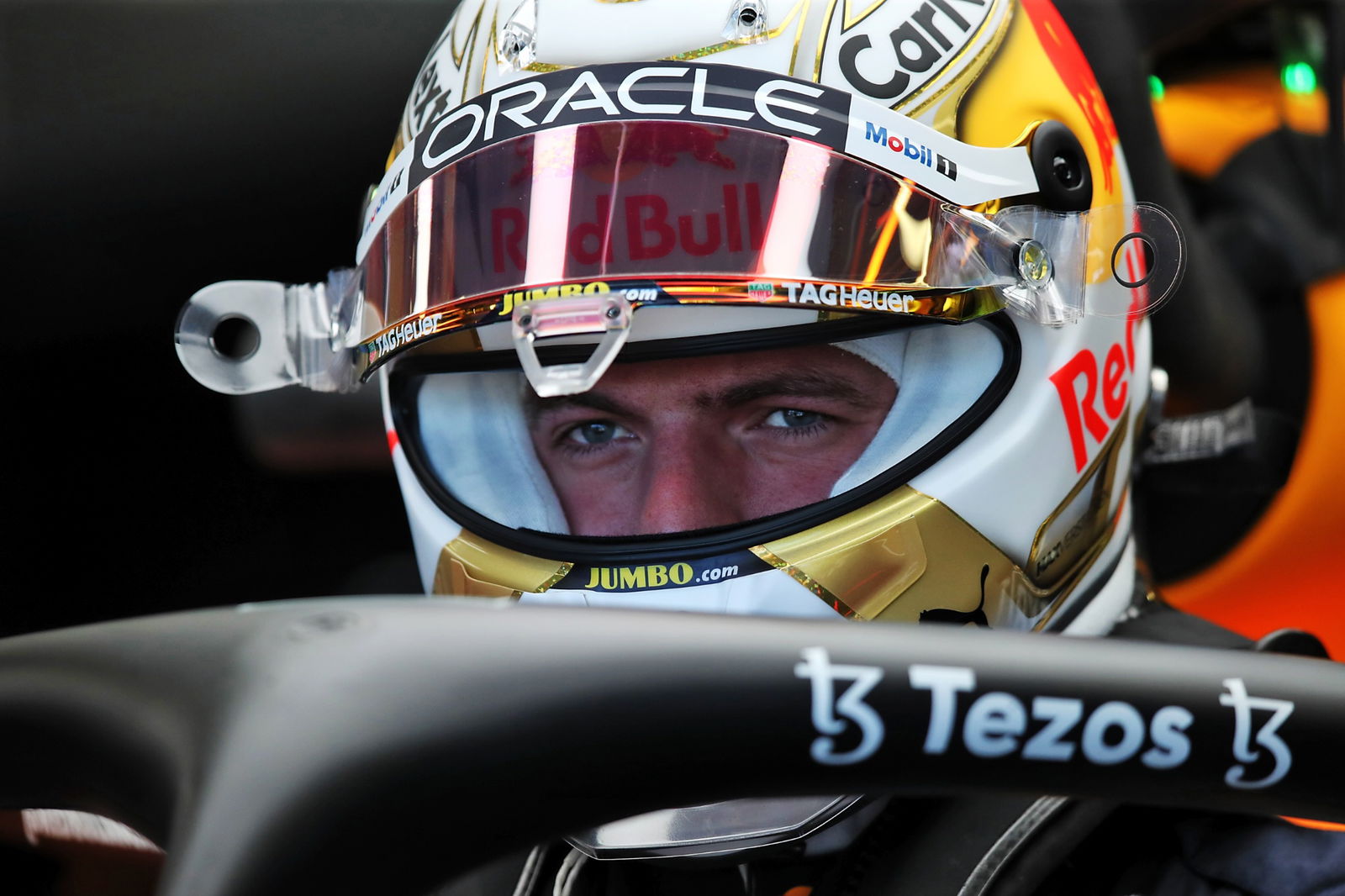
Toto Wolff looks at US sporting examples
Wolff feels F1 can learn from major American sporting championships such as the NFL, NHL and NBA, which all implement player salary caps to some extent.
“F1 is looking at it without an immediate solution to it,” he added. “But like all the other sports in the world we need to find a way of how we can act sustainably and become independent from sovereign funds or state-owned teams.
“Therefore it is certainly clear that this is going to be one of the main areas because you can’t simply have a salary bill in some of the top teams that is 30, 40, 50 million when the rest of the team needs to be divided in 140 million.
“But having said that, they are tremendous superstars, they deserve to be among the top earners in the sport.
“In terms of direct salaries they already are and then we need to find a way of unlocking the capability of doing endorsement deals which is two-thirds if not more for US American sports teams. But certainly, direct salaries, F1 drivers are paid the most.”
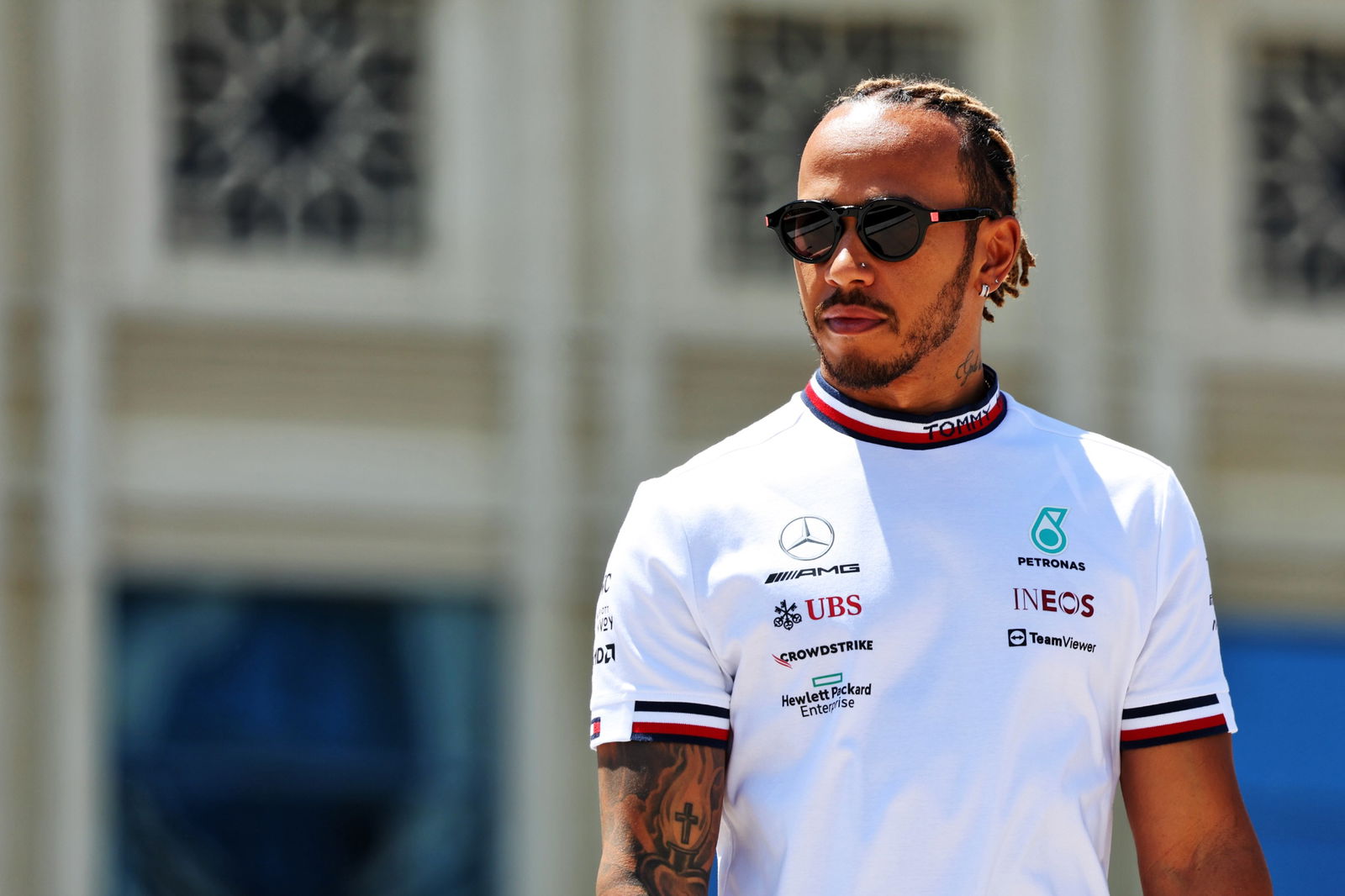
Wolff made it clear that the top three highest-paid employees in each team should also have their salaries limited.
"We shouldn’t be excluding the top earners in the team,” Wolff said.
“In order to make it sustainable everyone should be covered by the cost cap and it’s not only the drivers, it’s also the team principals and the senior management.”
F1 driver salary cap unlikely before 2026
Ferrari boss Mattia Binotto echoed Wolff’s views but warned that any cap on driver salaries is unlikely to come into effect until at least 2026, describing the matter as not being “urgent”.
“It’s a tricky one to be addressed,” he said. “I’m not sure there is a solution honestly. It’s not only a tricky one I think it’s even not an urgent one.
“The reason of it is the salary cap for drivers will affect mainly only three, four maximum teams, not more than that. Those teams that will be affected got already long term agreements with their drivers.
“So long that it’s not something I think we need to put in place for next year, it will not be before maybe 2026.
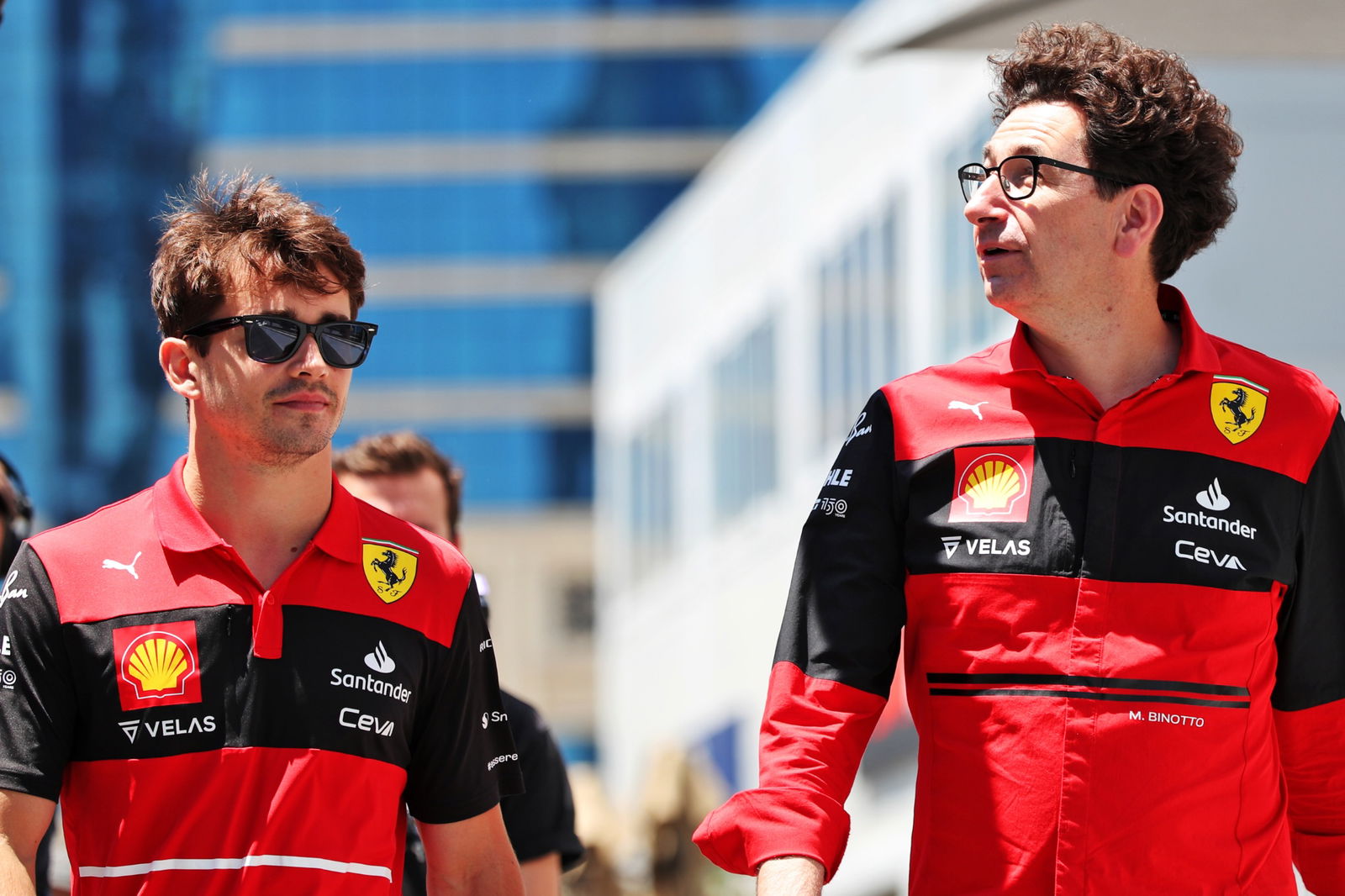
“Having said that there is plenty of time to look at the points. I understand the sustainability that Toto was mentioning. We need to take our time, reflect on it but not as an urgent matter.
“It’s one of the points that need to be discussed because we need to promote young generations and in order to promote young generations somehow the way it’s working today is having people that somehow are investing in drivers for a return later on.
“So yes it may have a knock on effect. How to mitigate that in case we go for a salary cap, I have not the solution to this. That’s why I think it’s a tricky one.
“So while I understand the point, while we understand the importance of it, I don’t think that anyone today got a solution. If there will be a solution again, don’t know. We will take our time.”
